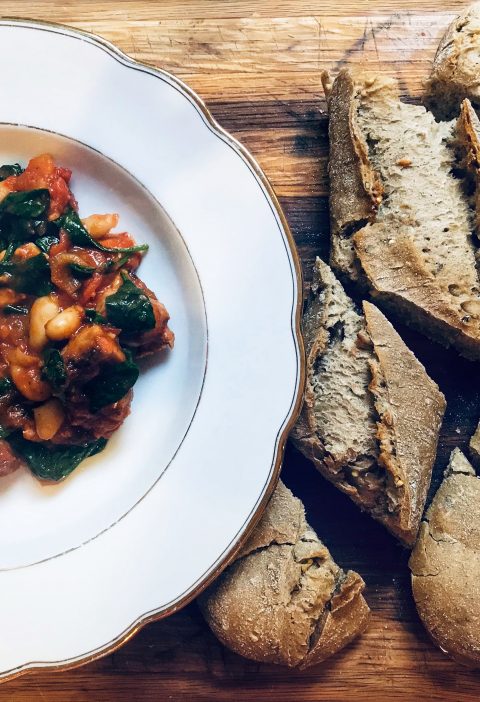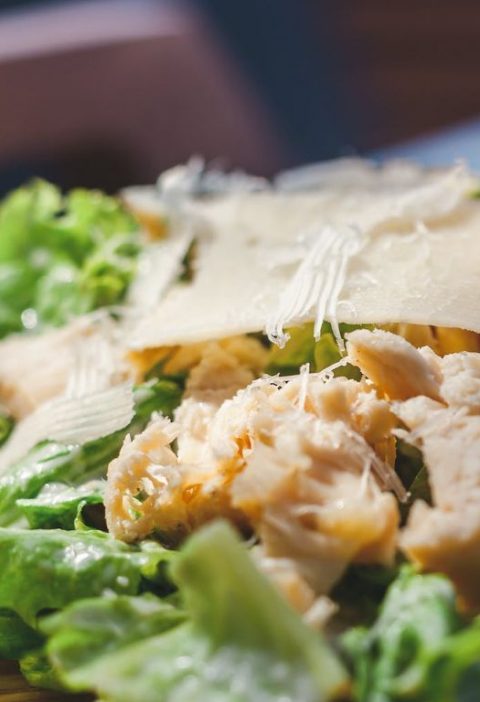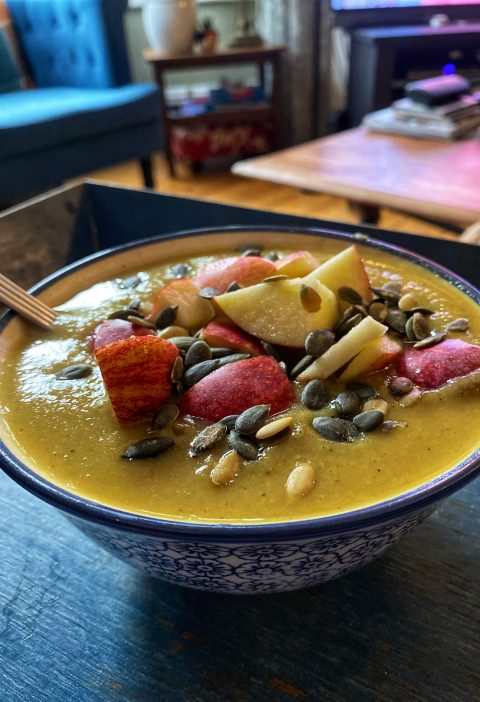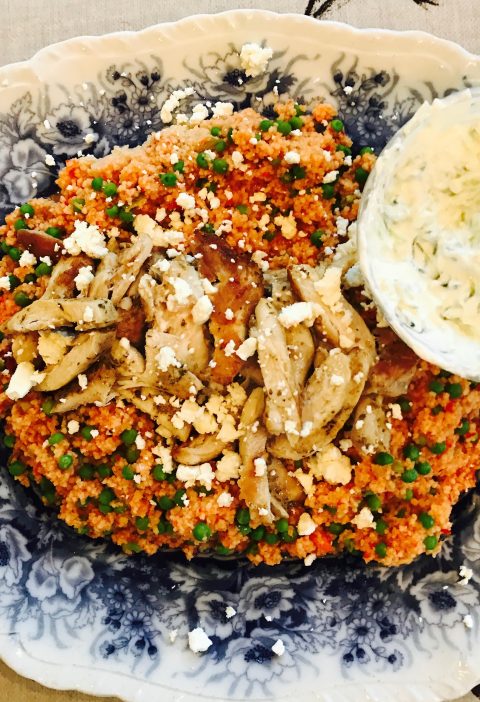A study, by Imperial College London, calculated that changing our eating habits in such a way could prevent 7.8 million premature deaths each year.
But, we all know how hard it is to get children to eat fruit and vegetables; changing children’s eating habits requires consistency and persistence from parents.
As part of the BBC’s Terrific Scientific Campaign, around 80 pupils (aged nine to eleven) were asked to eat kale every day for 15 days; afterwards almost all the children had changed their tastes and willingly ate the vegetable.
There are lots of ways of ‘hiding’ vegetables in your children’s food, but this won’t change long term eating habits as the BBC Terrific Scientific Campaign did; children should be aware of what they are eating and should be making informed healthy choices.
In order to do this, children need more food education, both at home and at school; a shocking study by the British Nutrition Survey (2013) revealed that almost a third of UK primary school children thought that cheese came from plants; and nearly one in ten secondary age pupils thought that tomatoes were grown underground.
Children need to be taught where their food comes from; a simple way of doing this is to grow some fruit and vegetables in your garden. You don’t need a lot of space: salad leaves and herbs can be grown in window boxes; tomatoes in hanging baskets, strawberries in pots and beans in grow bags. Or you could visit a local Pick-Your–Own farm; children like eating the fruits of their labour and often eat things that they wouldn’t normally consider if they have grown or picked them.
As well as getting children involved in growing their own fruit and vegetables, they also need to take part in the preparation and cooking process: they tend to be more willing to try new foods if they have engaged with them.
There are lots of simple recipes in the ‘Our Recipes’ section that are perfect for little hands. Or children can simply help in the preparing of the meal: washing the potatoes, chopping the carrots, mixing the marinade or finding the ingredients.
You need to work on making cooking and mealtimes an enjoyable experience – something to look forward to.
Accessories like these cute, personalised cooking sets (Taylor Mayde) are perfect for getting children excited about the kitchen!

Another major factor in improving our children’s diets is that we, as parents, need to set a good example.
Fruit and vegetables need to form an integral part of all meals and not just be an afterthought: meal-planning makes us more mindful of this and helps us to include more portions in our diets.







